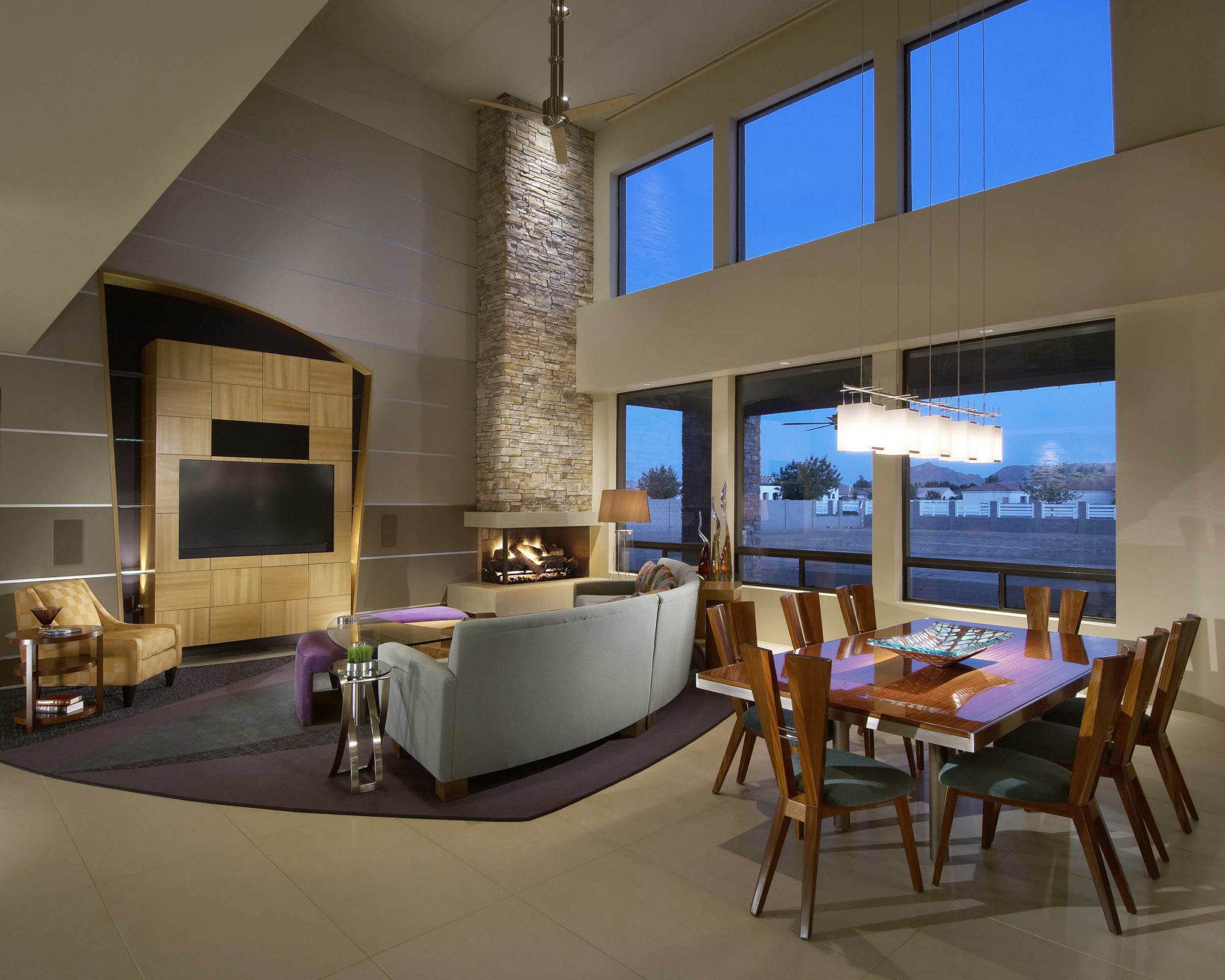 Clients often ask how they should go about deciding if the cost of more energy efficiency is worth it. This is NOT meant to be the end all be all on energy efficiency. I’m just offering a few simple things that you can do to get a feel for whether the extra investment might be worth it-or not.
Clients often ask how they should go about deciding if the cost of more energy efficiency is worth it. This is NOT meant to be the end all be all on energy efficiency. I’m just offering a few simple things that you can do to get a feel for whether the extra investment might be worth it-or not.
For example, a common thing that our clients have to make a decision on is what SEER value to go with on their HVAC units. Should they go with a 16 or a 19? How can they decide whether it’s worth it to pay more for that 19 SEER vs. the 16 SEER? It’s not always a black and white thing, well it can be but that might take too much time, so you can solve for the basics and if it looks like it might be worthwhile, then ask a few more questions and get more information to make the decision more clear.
STEP 1: FORMULA to calculate how long it will take to recoup your savings:
Divide the initial cost of the energy-saving investment by the projected annual energy cost savings.
Investment/savings per year= how many years to recoup
For example, if going up in Seer value on an A/C unit costs $3000 more per unit and the projected savings is $300 per year, then $3000/$300= 10. It will take 10 years to recoup your investment and start paying off.
- Will you still be in your home 10 years from now? If so, then….
- Will the material or item still be working at that point?
- Many technologies are evolving so fast that it could very well be obsolete in 5, 10 or 15 years.
- Will maintenance costs increase or decrease? If so, then factor in the increase or decrease in cost for this.
- How will the upgraded product influence resale or desirability of your home?
- Is there any enjoyment factor or aesthetic, other than cost savings, that would make it worth it to you even if you didn’t recoup your money?
After answering these questions, it starts to become clear as to whether you should spend that extra money on more energy efficiency.
Here’s a quick example:
If going from a 14 SEER to a 16 SEER saves you approx. $81 per year and you paid $1000 more for the 16 SEER, then it would take approx. 12 years to recoup your money. Then I always take into account having to pay up front for future savings, which causes me to discount it a bit. I say a bit- there are formulas for this- but I just discount it a bit depending on how long I will have to wait to recoup the savings. The further the spread of efficiency between 2 things, the greater the savings; but that doesn’t mean that the savings is necessarily worth it, although it often is.
Quick Side notes:
HVAC systems: Your heating and cooling costs account for approximately 40-45% of your total energy bill so they are one of the first areas to investigate, as far as energy efficiency goes. Units last between 10-15 years, so if you plan to stay in your home for less than that, and it will take 10 years or longer to recoup the investment, then it might not be worth it unless there is evidence that a buyer would value that enough to pay enough to offset the cost.
Appliances: As far as appliances are concerned, they account for approximately 15% of your energy bill. My suppliers have told me if an appliance was made in the 1990’s- it’s almost a no brainer that an energy efficient upgrade will pay off. If appliances are newer, you have to be aware of the likely life of the product and make sure that the product won’t have to be replaced or that you won’t move before you recoup your money. If you are deciding between 2 things with one having just a little better energy efficiency, then paying the higher price probably won’t pay off in a significant way. One thing that can reduce your bill significantly are programmable water heaters. Program them to not heat up during on-peak hours or times when nobody is home. Otherwise, they are constantly heating up when there is no need to do so.
Windows: Energy Star estimates that energy efficient windows can save up to 15% on your energy bill so they’re pretty important. Energy efficient windows contain something called Low E, which is microscopically thin layer of metallic oxides that both reflect the sun’s ultraviolet rays and control infrared light . New windows can cost anywhere from $8,000- 50,000+ and could take decades to pay off so if your existing windows are pretty good already, then going up to a little bit better windows probably won’t pay off. However, if windows are outdated with very little protection, it could be a wise investment.
Insulation: Insulation is an area that can return more money than was invested, as far as resale on an existing home. This is a big deal in energy efficiency but I will leave it for a future post.
I hope this helps a bit but it can definitely get complicated. Our trades and suppliers are always willing to educate people on the ins and outs of the various products and help them make these decisions. In addition, Energy.Gov’s site has a comprehensive collection of information on everything from windows to heating and cooling.
If any of my readers can shed any more light on this subject, please do.
Here are a few other links that might be of interest:

